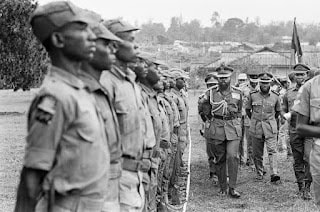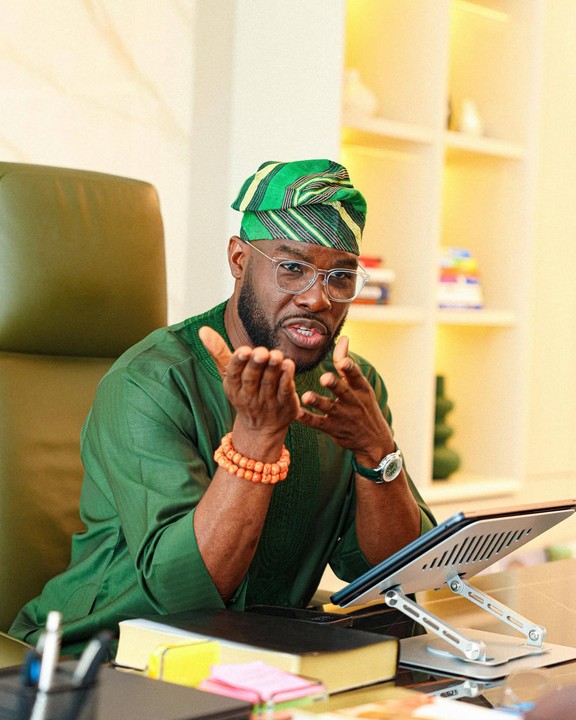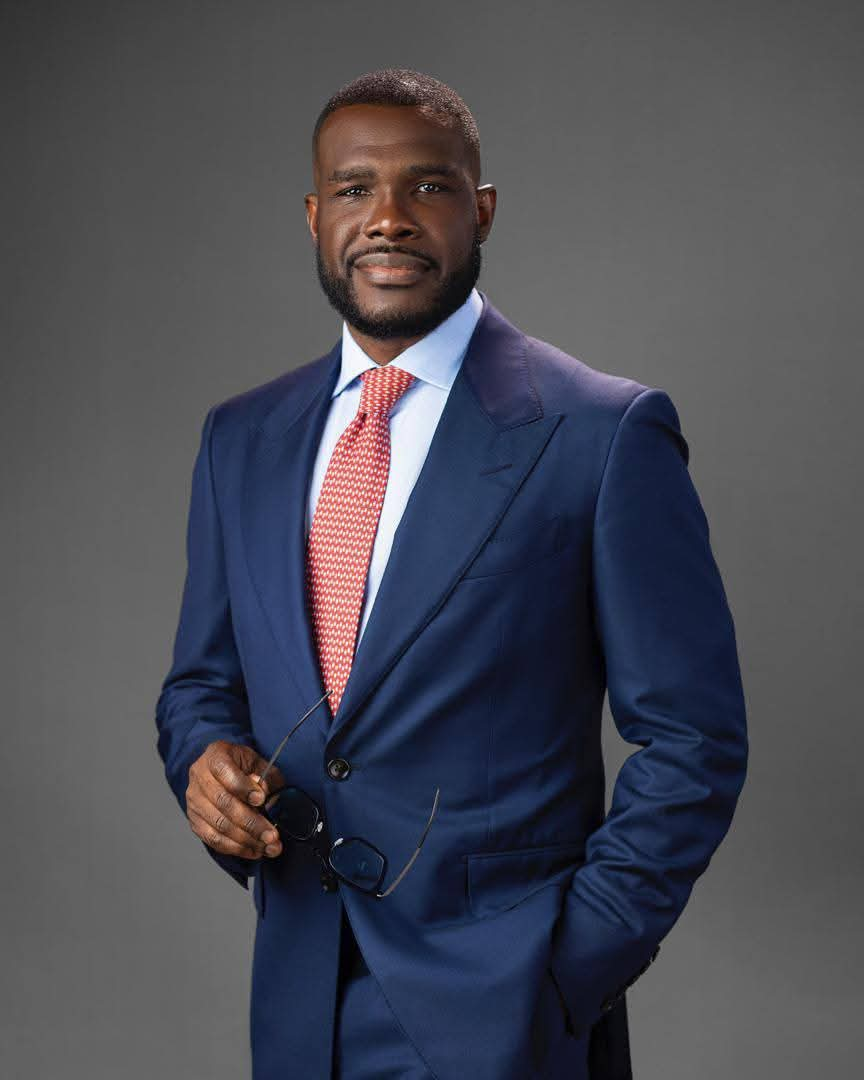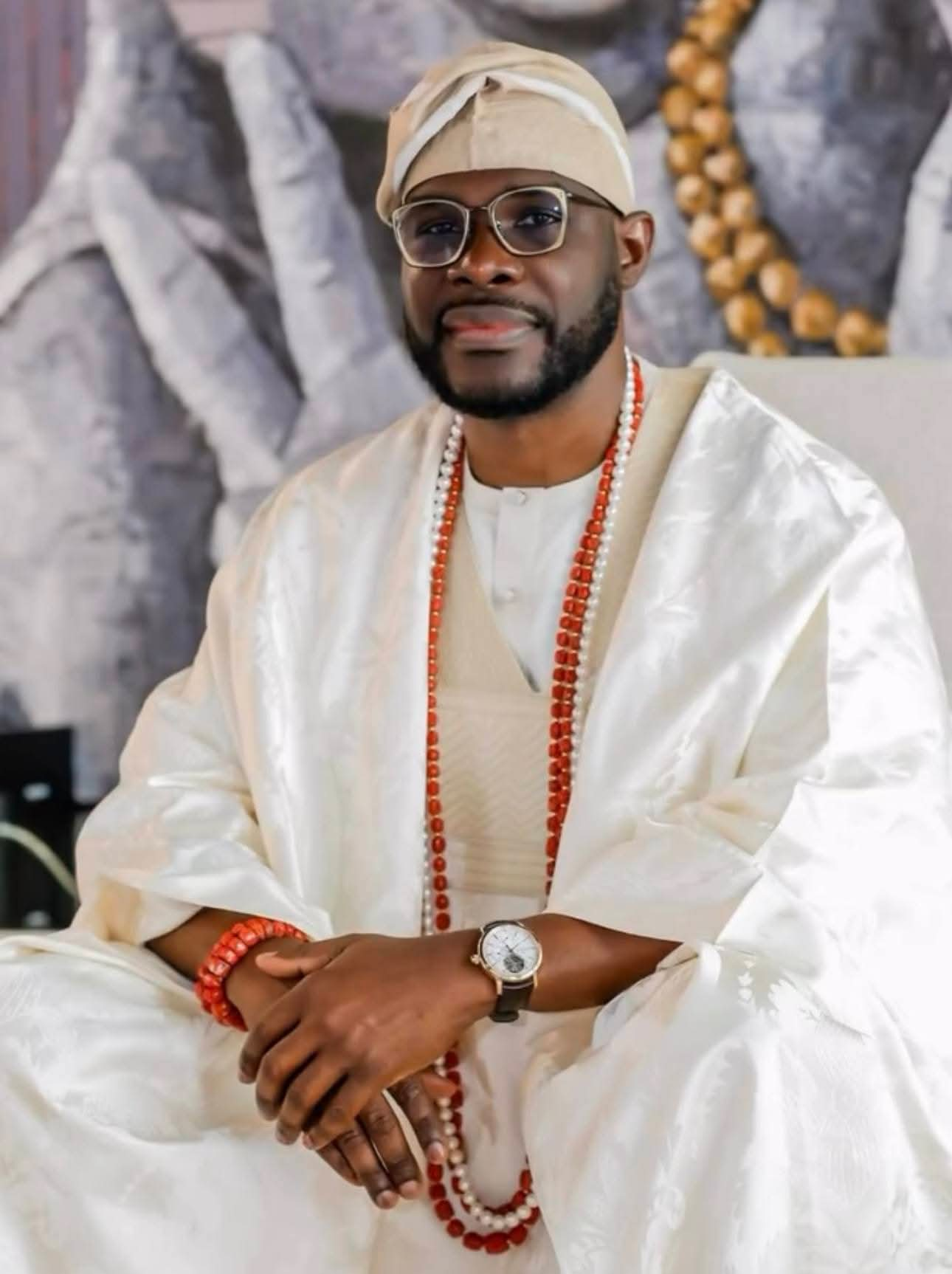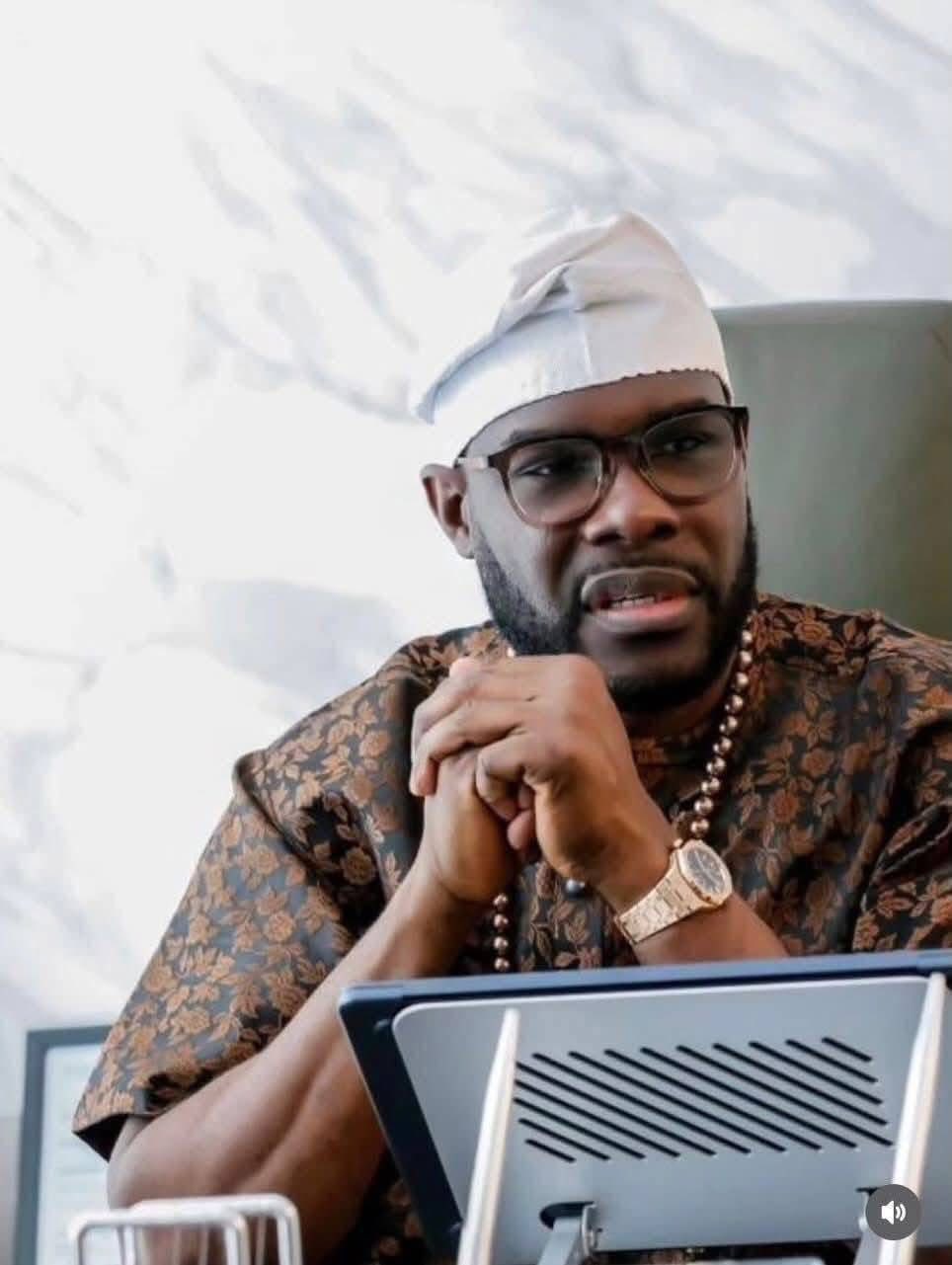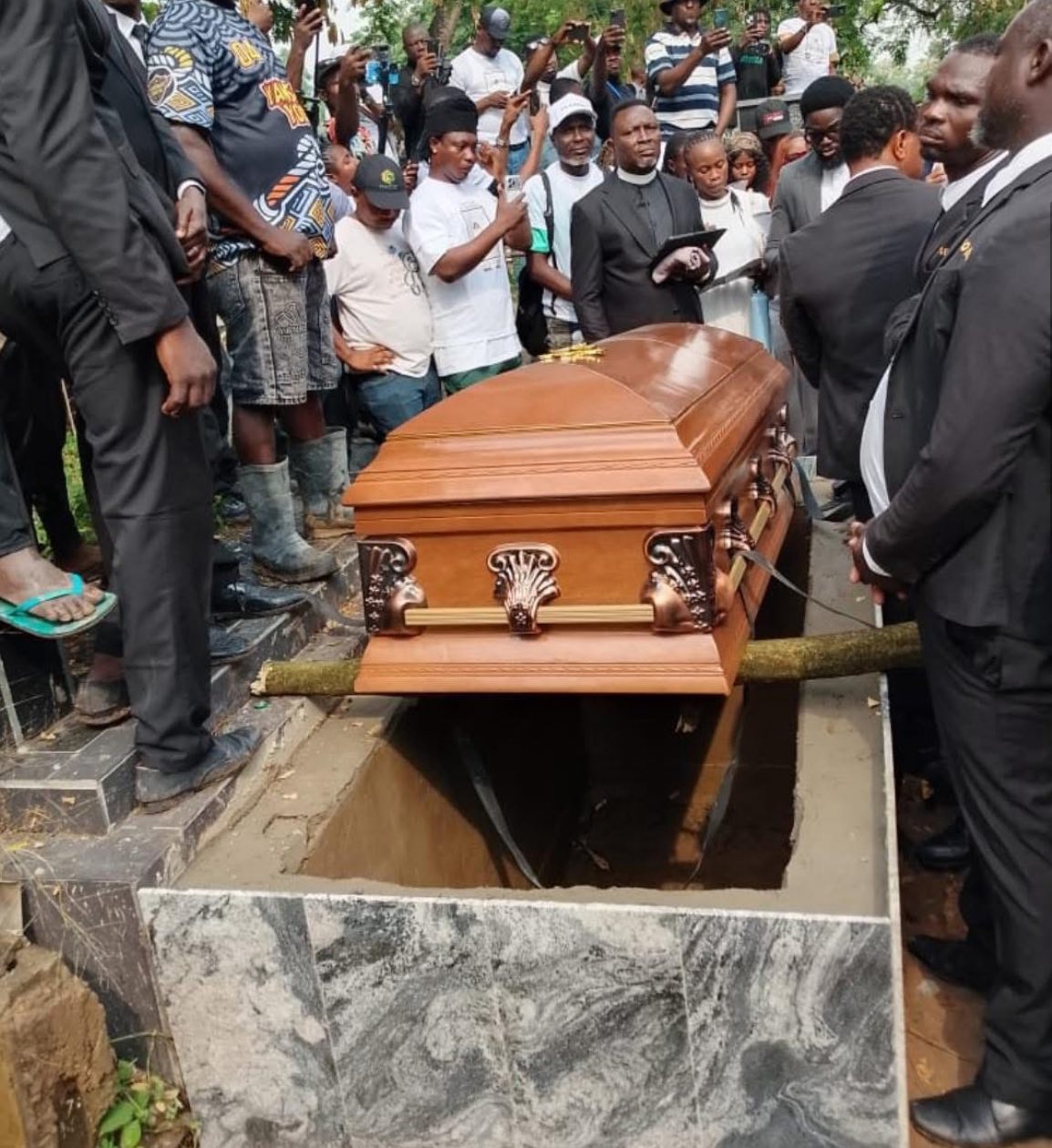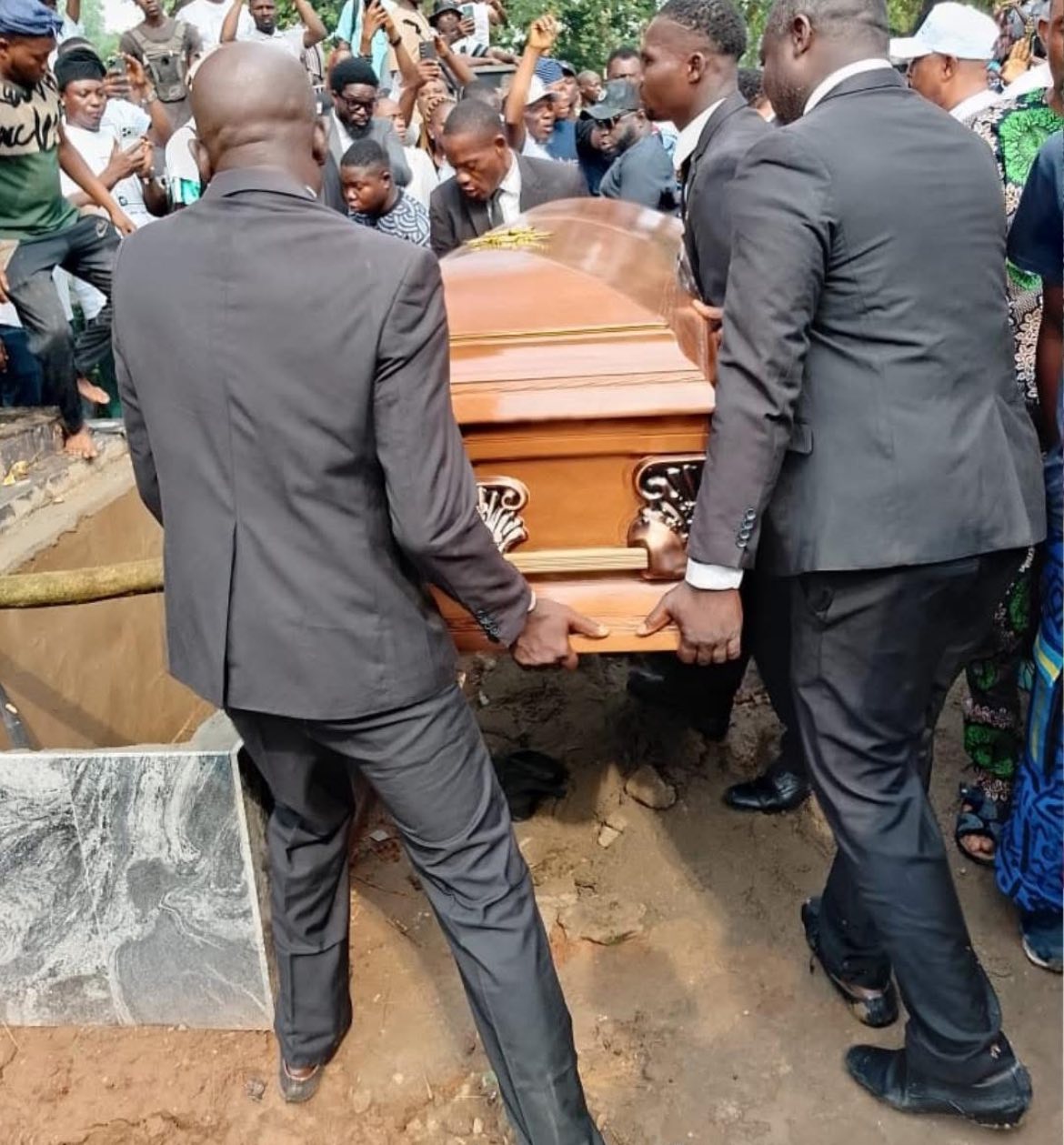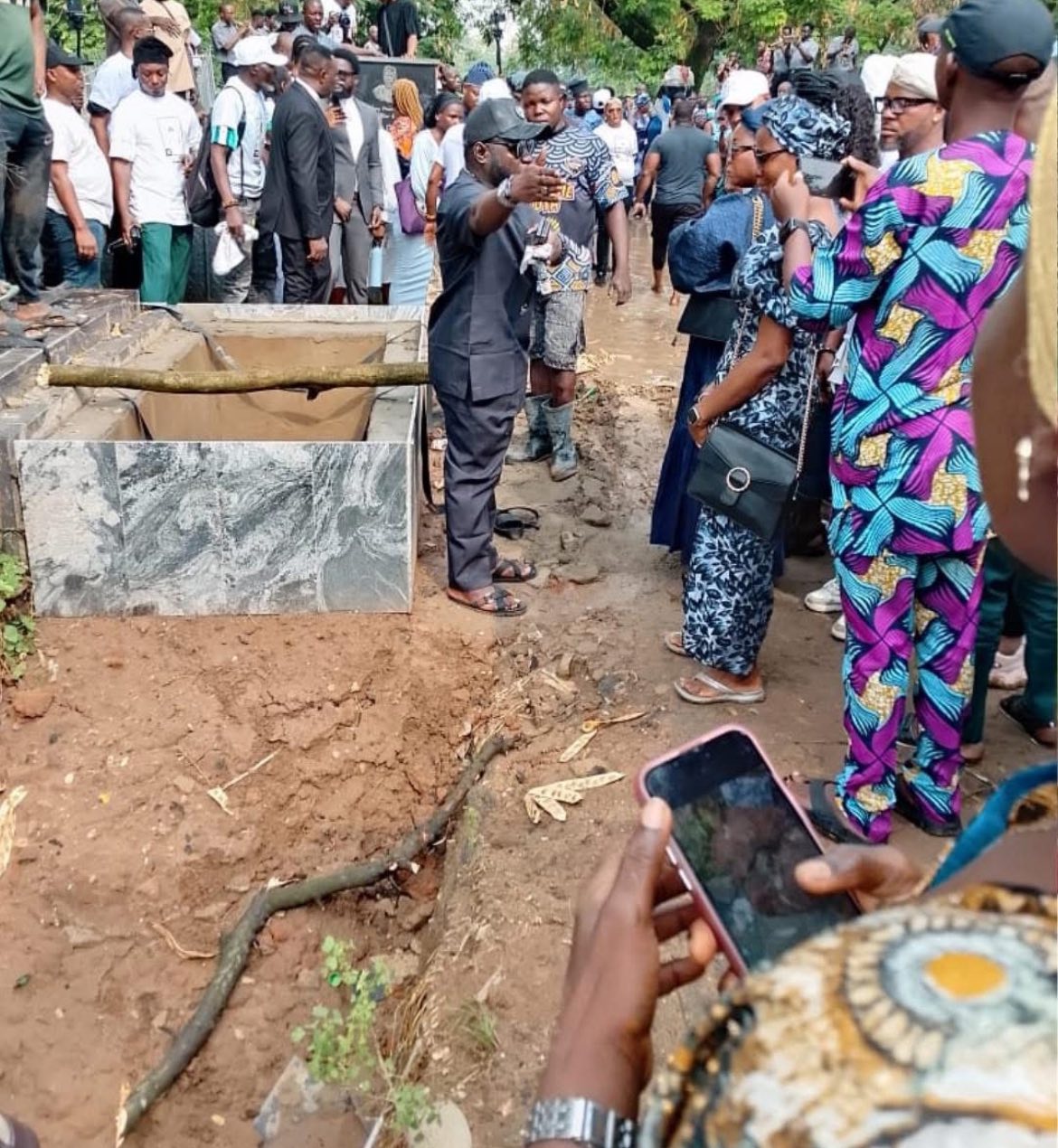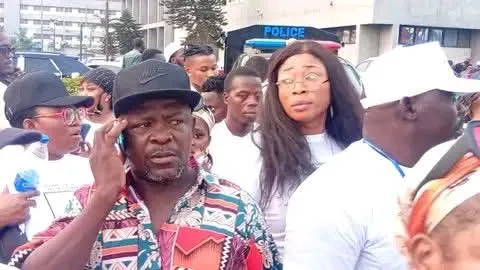The Nigerian Civil War (1967–1970), also called the Biafran War, was one of the bloodiest conflicts in post-colonial Africa. Among its many turning points, the Battle of Ore, remembered in Yoruba memory as “Oleku Ija Ore” (“the fierce battle of Ore”), stands out as a decisive episode that changed the trajectory of the war.
This is the full history of the battle, the Yoruba dimension, and its lasting legacy.
Background: The Road to War
The Nigerian Civil War broke out on July 6, 1967, following deep ethnic, political, and military crises:
The January 1966 coup, led largely by Igbo officers, killed many northern leaders including Prime Minister Abubakar Tafawa Balewa and the Sardauna of Sokoto, Ahmadu Bello.
A counter-coup in July 1966, led by northern officers, brought Lt. Col. Yakubu Gowon to power. This coup also sparked massacres of Igbos in the North, leading to mass migrations eastward.
On May 30, 1967, Col. Chukwuemeka Odumegwu Ojukwu declared the Republic of Biafra, seceding from Nigeria.
War was inevitable. Initially, Biafra had the upper hand due to its motivated troops, sympathetic foreign media, and the daring strategies of Yoruba officer Lt. Col. Victor Banjo, who sided with Ojukwu.
The Midwest Invasion
On August 9, 1967, Biafran forces crossed the Niger River and invaded Nigeria’s Midwestern Region. Commanded by Col. Banjo, the invasion aimed to achieve three key goals:
1. Capture Lagos, Nigeria’s capital, to force Gowon’s government into collapse.
2. Gain Yoruba support, using Banjo’s ethnicity as leverage.
3. Expand Biafran control westward, securing international recognition.
Within days, towns such as Asaba, Agbor, Benin, and even Ore fell under Biafran occupation. The invasion shocked the Nigerian government, which had believed the war would be quickly contained in the East.
The Advance to Ore
By mid-August, Banjo’s troops had advanced to Ore in Ondo State, only about 130 miles from Lagos. The road to the capital was wide open, and panic gripped the Nigerian government.
Gowon called emergency meetings in Lagos.
Yoruba leaders were divided: should they support Banjo (a Yoruba fighting for Biafra) or stand with the federal government?
In the barracks, confusion reigned. The West had very few soldiers, and many Yoruba officers were unsure of their allegiance.
Only a small Nigerian platoon of 32 soldiers from the 11th Battalion, led by Lt. Raphael Iluyomade, held their ground at Ore. Their resistance, though modest, gave the Nigerian command precious time to regroup.
Banjo’s Hesitation
This was the critical moment. If Banjo had pressed forward to capture Lagos, history might have been rewritten. But instead, he hesitated.
Several reasons explain this delay:
Yoruba leaders reminded him of Afonja of Ilorin, a Yoruba warlord who invited Fulani allies in the 19th century but later lost Ilorin to them. Banjo was warned not to betray his people by handing Yorubaland to Biafra.
Banjo reportedly entered secret negotiations with Nigerian General Murtala Mohammed, perhaps seeking a peaceful Yoruba-led solution.
Biafran leader Ojukwu grew suspicious of Banjo’s loyalty and ordered him to halt at Ore.
This hesitation proved fatal. Time allowed Nigeria to rally its forces and counterattack.
The Battle of Ore (August 14 – September 17, 1967)
The Nigerian Army, under General Murtala Mohammed, launched a counteroffensive at Ore. Fierce fighting ensued. Though poorly equipped at first, Nigerian forces gradually gained the upper hand with reinforcements from the North and Midwest.
Banjo’s troops, low on supplies, became overstretched.
Local Yoruba support for Biafra was lukewarm at best. Most saw the Biafran invasion as foreign occupation.
Nigerian propaganda painted the invasion as an “Igbo attempt to conquer the West.”
By early September, the tide had turned. Nigerian troops pushed Biafra back from Ore to Benin City. On September 19, 1967, Benin fell.
The Fall of Victor Banjo
Back in Enugu, Ojukwu accused Banjo of betrayal. Along with three others (Philip Alale, Sam Agbam, and Emmanuel Ifeajuna), Banjo was tried by a Biafran military tribunal for allegedly plotting to negotiate with Nigeria behind Ojukwu’s back.
They were executed by firing squad in September 1967. Banjo’s death marked the end of Yoruba leadership in Biafra’s military campaign.
Significance of the Battle of Ore
The Battle of Ore was one of the war’s most decisive turning points:
1. Stopped Biafra’s Advance – Had Ore fallen completely and Lagos been captured, Gowon’s government might have collapsed.
2. Secured Yoruba Loyalty – The invasion convinced the West that Biafra could not be trusted, cementing Yoruba alignment with the federal side.
3. Shifted the War’s Momentum – The Nigerian counteroffensive from Ore marked the beginning of federal dominance in the war.
4. Destroyed Midwest Support for Biafra – Many Midwesterners, especially non-Igbos, turned against Biafra after the failed campaign.
Aftermath
Following Ore:
The self-declared Republic of Benin (a Biafran puppet state) lasted only one day before Nigerian forces crushed it.
By October 4, 1967, Nigerian troops captured Enugu, Biafra’s capital.
Over the next two years, Nigeria gradually strangled Biafra militarily and economically.
On January 15, 1970, Biafra surrendered, ending the war.
Legacy of “Oleku Ija Ore”
Today, the phrase “Oleku Ija Ore” remains part of Yoruba historical memory. It symbolizes:
The ferocity of the battle.
The fragile politics of Yoruba identity during the war.
The decisive role the West played in shaping the outcome of the Nigerian Civil War.
The Battle of Ore is remembered not only as a military clash but also as a moment when Yoruba destiny could have swung either way — toward Biafra or toward Nigeria. History chose the latter.

 News5 hours ago
News5 hours ago
 Politics5 hours ago
Politics5 hours ago
 News5 hours ago
News5 hours ago
 News5 hours ago
News5 hours ago
 News4 hours ago
News4 hours ago
 Crime5 hours ago
Crime5 hours ago
 Politics4 hours ago
Politics4 hours ago
 News4 hours ago
News4 hours ago
